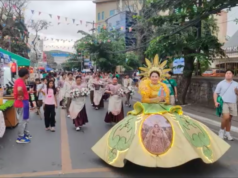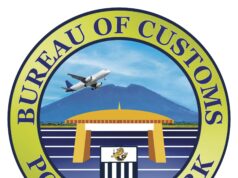This was the contention of the consumer group, Bantay Bigas, which noted that the incident seemed to have been timed with the entry of rice for importation by the National Food Authority (NFA) from Vietnam and Thailand.
“Rice importation only breeds rice smuggling,” Bantay Bigas spokesperson Cathy Estavillo said in a statement.
Estavillo said, “the liberalization of agriculture under the framework of World Trade Organization Agreement on Agriculture (WTO-AoA) pushes our country’s dependence on rice importation.”
“Experience tells us that rice importation permits sold to private traders were used to create an opportunity for illegally imported rice to enter the country,” she said.
Estavillo also said, “The proposed rice tariffication would even worsen rice smuggling as the government welcomes any private trader who can afford to import rice. Such policy coupled with the failure of the government to hold rice smugglers accountable for their crime makes the country more vulnerable to smuggling.”
“Despite promises of ending corruption and smuggling, both remain as threats to the local rice industry. It does not only rob the country from tariff collections, it destroys the livelihood of rice farmers as well as local millers and small traders,” Estavillo added.
Bantay Bigas said “the government should prioritize the development of the local rice industry to eventually put an end to smuggling.”
“It must first and foremost implement genuine agrarian reform through free land distribution; veer away from liberalization of agriculture by pulling the country out of WTO and other unfair trade agreements; provide subsidies, post-harvest and marketing support to farmers, provide free irrigation, and stop rampant land use conversion,” the group said.




